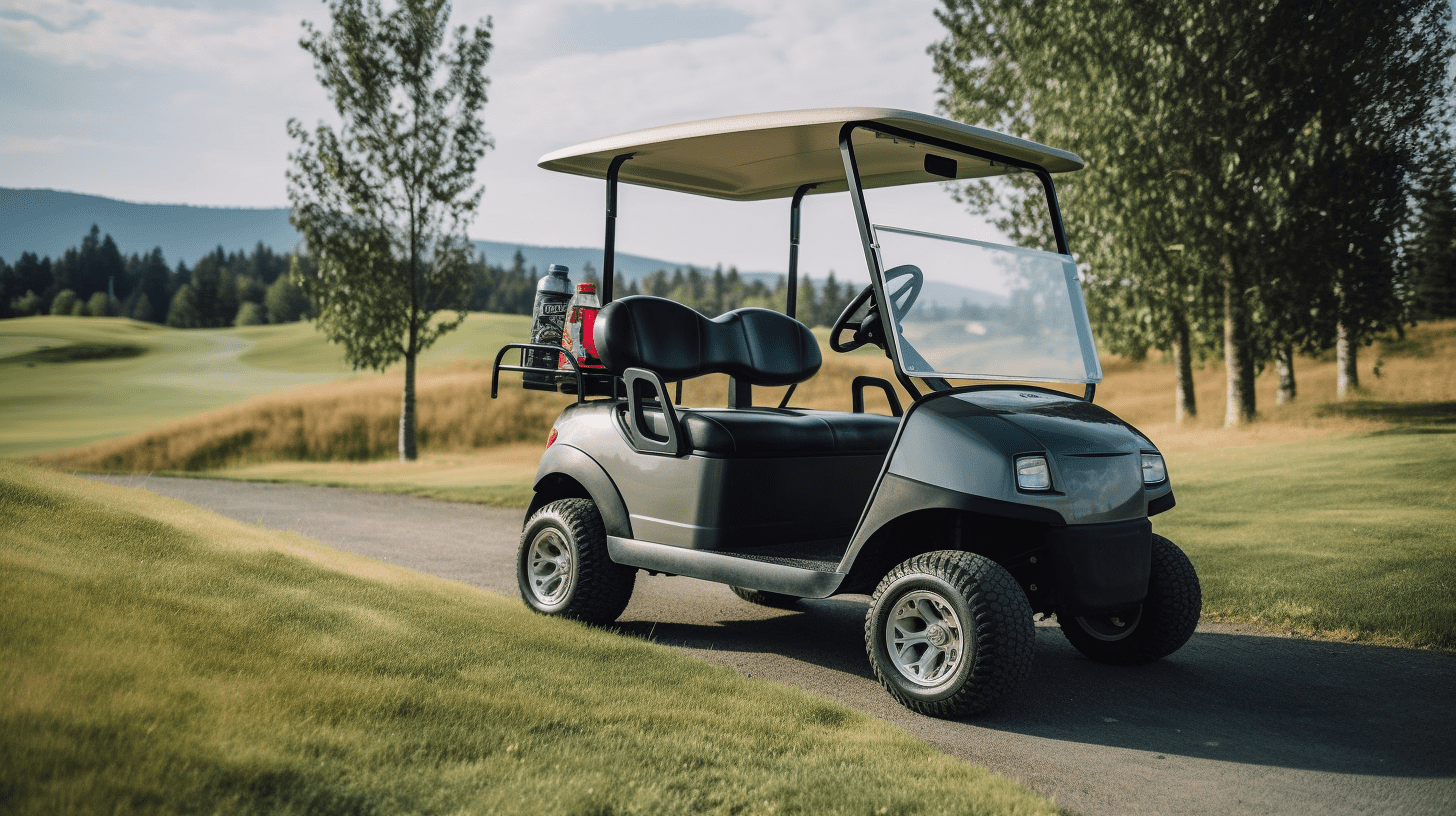In Arizona, golf carts can operate on public roads with a speed limit of 25 mph or less, while Low-Speed Vehicles (LSVs) are permitted on roads with a speed limit of 35 mph or less. Operators must be at least 16 years old and possess a valid driver’s license. Local regulations may also apply.
Understanding Golf Cart Regulations in Arizona
Golf carts have become a popular mode of transportation in Arizona, especially in retirement communities and recreational areas. Familiarizing oneself with the specific laws governing their use is crucial for safe and legal operation.
Key Regulations:
- Speed Limit: Golf carts are permitted on roads where the speed limit is 25 mph or lower.
- Driver Age: Operators must be at least 16 years old and possess a valid driver’s license.
- Safety Equipment: Required safety features include headlights, taillights, turn signals, and a rearview mirror.
- Insurance Requirements: While not mandated by state law, local jurisdictions may require insurance for golf carts.
Low-Speed Vehicle (LSV) Guidelines
Low-Speed Vehicles (LSVs) are defined as four-wheeled vehicles that can reach speeds of up to 25 mph. These vehicles offer more versatility than golf carts and can be utilized for various purposes, including short-distance travel within communities.
Essential Guidelines:
- Road Use: LSVs can operate on streets with a speed limit of 35 mph or less.
- Driver Requirements: Operators must be at least 16 years old and hold a valid driver’s license.
- Registration and Title: LSVs must be registered with the Arizona Department of Transportation (ADOT).
- Safety Standards: LSVs must comply with federal safety standards, including seat belts, windshields, and other necessary safety features.
Local Ordinances and Variations
While state laws provide a framework for golf cart and LSV operation, local municipalities may impose additional regulations. It is essential for operators to familiarize themselves with local ordinances to ensure compliance.
Common Local Regulations:
- Designated routes for golf carts and LSVs.
- Restrictions on parking locations.
- Additional safety equipment requirements.
Latest News
- Recent discussions among Arizona lawmakers have focused on expanding the areas where golf carts and LSVs can legally operate, particularly in retirement communities and resort areas.
- New legislation is being proposed to enhance safety standards for these vehicles, including mandatory registration in certain municipalities.
- Local governments are increasingly adopting ordinances to regulate the use of golf carts more effectively, ensuring safer roadways.
- The growing trend towards eco-friendly transportation options has led to heightened awareness of the benefits of LSVs as alternatives for short-distance travel.
Redway Expert Comment
As experts in Lithium LiFePO4 batteries, we recognize the increasing popularity of golf carts and LSVs in Arizona as eco-friendly transportation solutions. These vehicles not only reduce carbon footprints but also provide efficient alternatives for short trips. Our custom lithium batteries deliver exceptional performance, ensuring that operators enjoy reliability and longevity while using these vehicles.
Conclusion
Navigating the laws surrounding golf carts and LSVs in Arizona is essential for safe operation. By adhering to state regulations and local ordinances, operators can enjoy the convenience of these vehicles while ensuring compliance with legal requirements. As demand for eco-friendly transportation continues to rise, investing in high-quality lithium batteries will enhance both performance and sustainability.
FAQs
What are the specific regulations for golf carts in Arizona?
In Arizona, golf carts can operate on public roads only if they meet specific safety requirements and are registered as Low-Speed Vehicles (LSVs). Key regulations include:
- Golf carts must have working headlights, taillights, brake lights, a horn, and a rearview mirror.
- They are limited to a maximum speed of 25 mph and can only be driven on roads with speed limits of 35 mph or lower.
- Golf carts cannot be operated on sidewalks or highways, except to cross at designated intersections.
- Operators must possess a valid driver’s license when driving on public roads, but no license is required for private property use.
How do Arizona’s laws differ for LSVs compared to golf carts?
Arizona’s laws for LSVs are more stringent than those for golf carts. LSVs must be registered with the Arizona Department of Transportation and insured. They must meet specific federal safety standards, including having seat belts and a vehicle identification number (VIN). LSVs can operate on roads with speed limits of 35 mph or lower, while golf carts have more limited usage based on local ordinances and do not require registration if used solely on private property.
Are there any recent updates to Arizona’s golf cart and LSV laws?
Recent updates have reinforced the requirement for golf carts to be registered as LSVs if they are to be used on public roads. This change emphasizes safety regulations and compliance with traffic laws, ensuring that all vehicles on the road meet minimum safety standards.
What are the main requirements for operating a golf cart on public roads in Arizona?
To operate a golf cart on public roads in Arizona, the following requirements must be met:
- The golf cart must be registered as an LSV.
- It must have necessary safety equipment (headlights, taillights, brake lights, horn).
- The operator must have a valid driver’s license.
- The golf cart can only be driven on roads with speed limits of 35 mph or lower.
- Liability insurance is required, covering at least $25,000 for bodily injury per person and $15,000 for property damage.
How do Arizona’s laws affect the use of golf carts and LSVs on private property?
On private property, golf carts can be used without the same restrictions as on public roads. No driver’s license is required for operation on private land. However, operators should still adhere to safety practices to minimize risks. For LSVs, while registration is not necessary for private use, it is advisable to follow safety regulations to ensure compliance if transitioning onto public roads.




